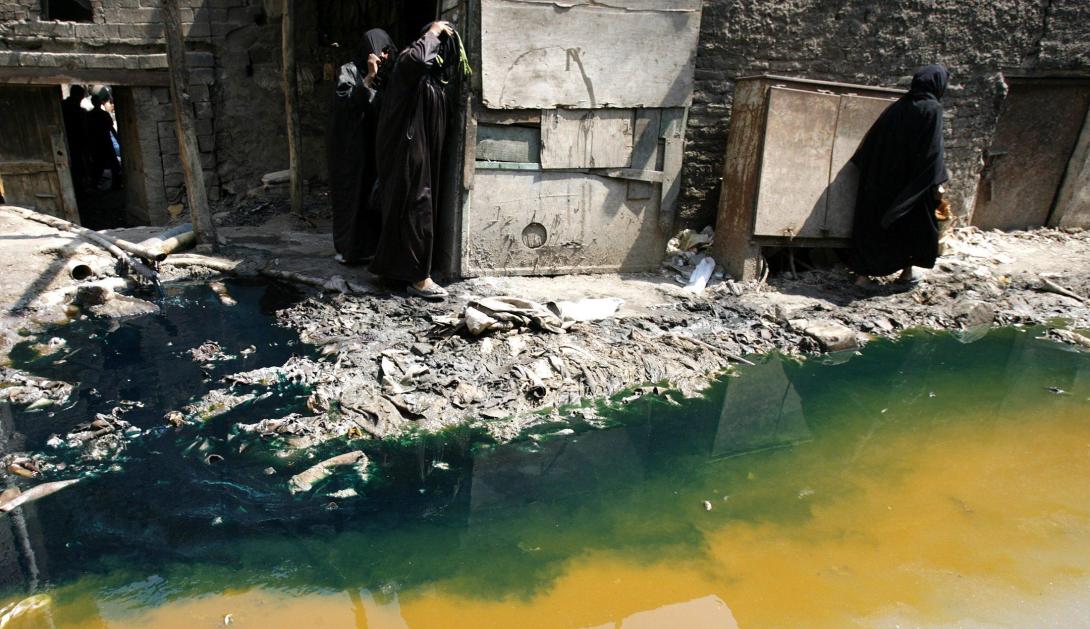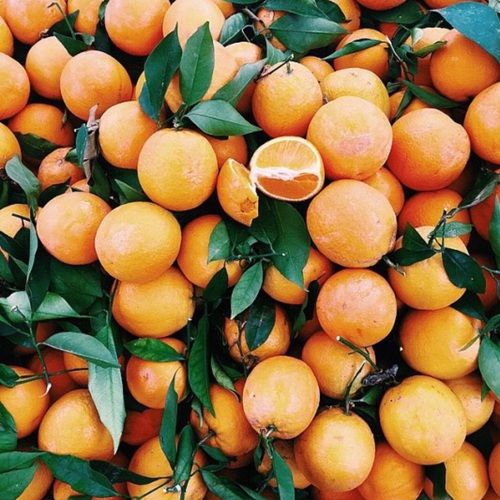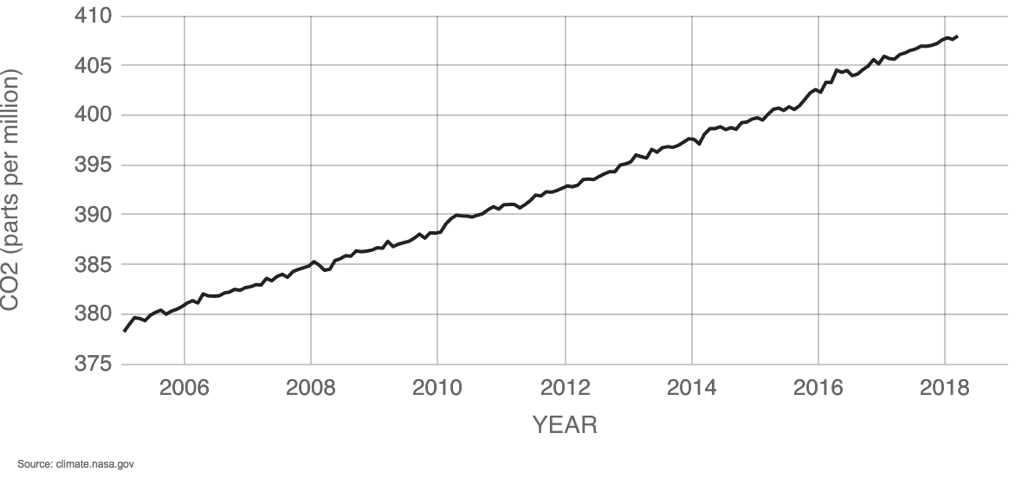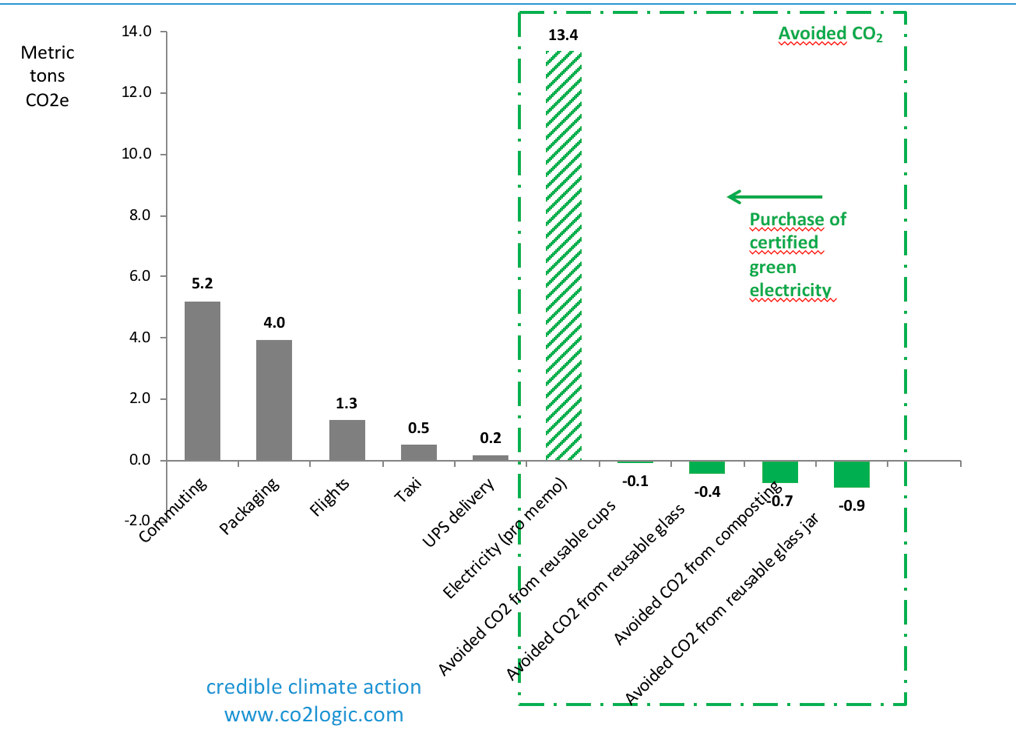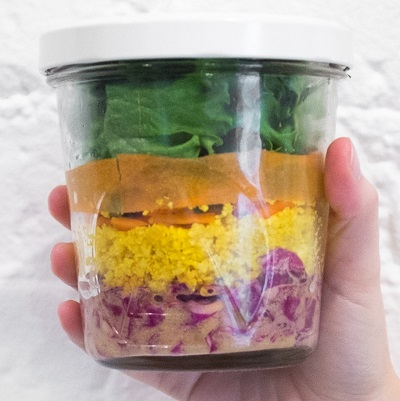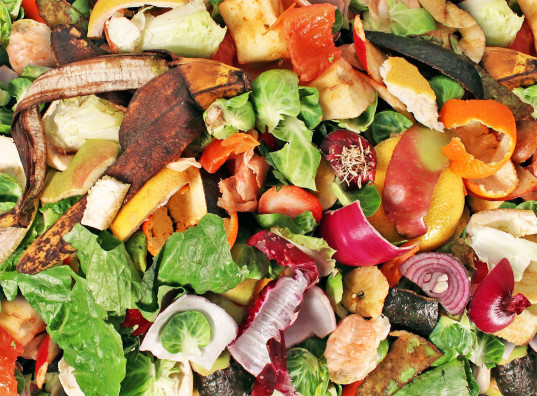Getting to zero waste is hard, but just getting to less waste can be complex, too.
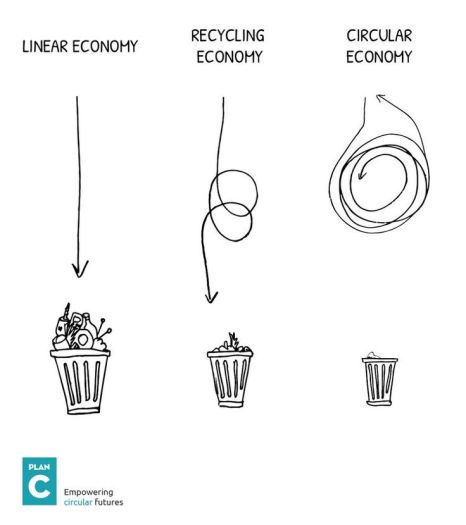
So, we decided to break things down into simple concepts that can help change the way we all think about waste.
How can you contribute to a circular economy, you ask?
Here are five helpful tips adapted from Kathryn Kellogg
- Learn to say no to more “stuff”
If you are offered something, an “extra” anything: a goody bag, or a water bottle, just say No!
These are things you do not need. This is just “stuff”
“The easiest way to prevent waste from leaving your home is to keep it from entering your home” – Kathryn Kellogg
- Reduce possessions
Many of us are lucky enough to have more than we need, and even more than we want. Donating extra belongings will not only make your home feel better, more simplified and zen but it will give to people in need.
The KonMari method from Marie Kondo is an amazing way to de-clutter your life.
Start today. We promise it will change your life if you follow the instructions. (We just did it for the second time and have donated 4 bags filled with clothing)
Really helpful tips for getting started here
- Reuse items whenever possible (hint: Ancolie jars)
The best advice we got from Lauren Singer @trashisfortosser is to go step by step. You cannot switch all your disposable to reusable in one day. Wait until you run out of something and try to replace it with a reusable option. Try these two websites for great items: Life Without Plastic, or Package Free Shop or even better go to the physical Package Free store in Williamsburg, Brooklyn!
Is it beautiful? Is it glass, wood or metal? Use it, then use it, then use it, and use it again.
No more tissues, water bottles, paper towels, anything plastic.
Use cloth napkins instead of tissues and paper towels. You might miss them for a day or two, and then you learn to use the alternatives with ease!
Use glass or metal water bottles instead of plastic (since we now know plastic seeps into the water itself)
Always checks to see if there is an item available secondhand instead of buying it new.
- Compost food scraps
When you don’t compost, food that could be returned to the earth goes into landfills 😦
Does your neighborhood support composting?
http://www1.nyc.gov/assets/dsny/site/services/food-scraps-and-yard-waste-page/residents/current-organics-rollout
Here are food scrap collection locations in New York
https://www.grownyc.org/compost/locations
And another one, https://www.bkrot.org/
- Recycle!
It’s the same as with compost, when we don’t recycle, those precious reusable materials go into our landfills.
Here is more information on residential recycling in New York http://www1.nyc.gov/nyc-resources/service/1239/residential-recycling
Request a site visit for the city to review your recycling program
http://www1.nyc.gov/assets/dsny/site/contact/site-visit-request
Here’s to living “less waste”, guilt-free and happy!
